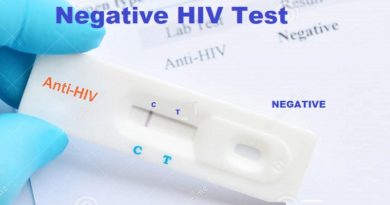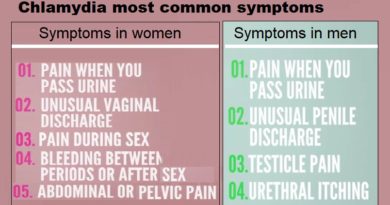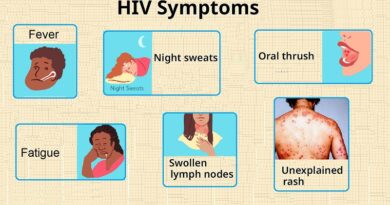Gonorrhea: Transmission, Symptoms, Complications, Diagnosis, and Treatment
Last Updated on 02/09/2026 by Helal Medical
Gonorrhea is a sexually transmitted infection (STI) caused by the bacterium Neisseria gonorrhoeae. It can infect both men and women, often affecting the genitals, rectum, and throat. Here’s an overview of key aspects of gonorrhea:
Transmission of Gonorrhea:
- Gonorrhea is primarily spread through sexual contact (vaginal, anal, or oral sex) with an infected person.
- It can also be transmitted from a pregnant woman to her baby during childbirth, potentially causing complications like eye infections in newborns.
Symptoms:
Symptoms can vary based on the site of infection (genitals, rectum, or throat) and gender. Some people can be asymptomatic, especially women.
- In men:
- Painful urination
- Pus-like discharge from the penis
- Testicular pain or swelling
- In women:
- Painful urination
- Increased vaginal discharge
- Vaginal bleeding between periods
- Pelvic pain
- Rectal infection (both men and women):
- Discharge
- Itching or soreness
- Painful bowel movements
- Bleeding
- Throat infection:
- Sore throat (often mild or asymptomatic)
Complications:
If untreated, gonorrhea can lead to severe health problems:
- In women, it can cause pelvic inflammatory disease (PID), leading to infertility, ectopic pregnancy, and chronic pelvic pain.
- In men, it can result in epididymitis, a painful condition of the ducts attached to the testicles, which can lead to infertility.
- In both, untreated gonorrhea can spread to the bloodstream, leading to a life-threatening condition known as disseminated gonococcal infection (DGI), causing joint pain, skin sores, or other serious health problems.
Diagnosis:
- Gonorrhea is diagnosed using lab tests: urine samples or swabs from the affected area (genital, rectal, or throat).
Treatment of Gonorrhea:
- Gonorrhea is treated with antibiotics. But, antibiotic-resistant strains of gonorrhea are becoming a significant public health concern.
- It is crucial to have a full course of prescribed antibiotics to cure the infection and reduce the risk of antibiotic resistance.
Prevention:
- Using condoms consistently and correctly can significantly reduce the risk of transmission.
- Regular screening for STIs is recommended for sexually active individuals, especially those with multiple partners or who are at higher risk.
- Sexual partners of an infected person should also be treated to prevent reinfection.
Early detection and treatment are essential to prevent complications and reduce the spread of the infection.
Discover more from Helal Medical Manila
Subscribe to get the latest posts sent to your email.




